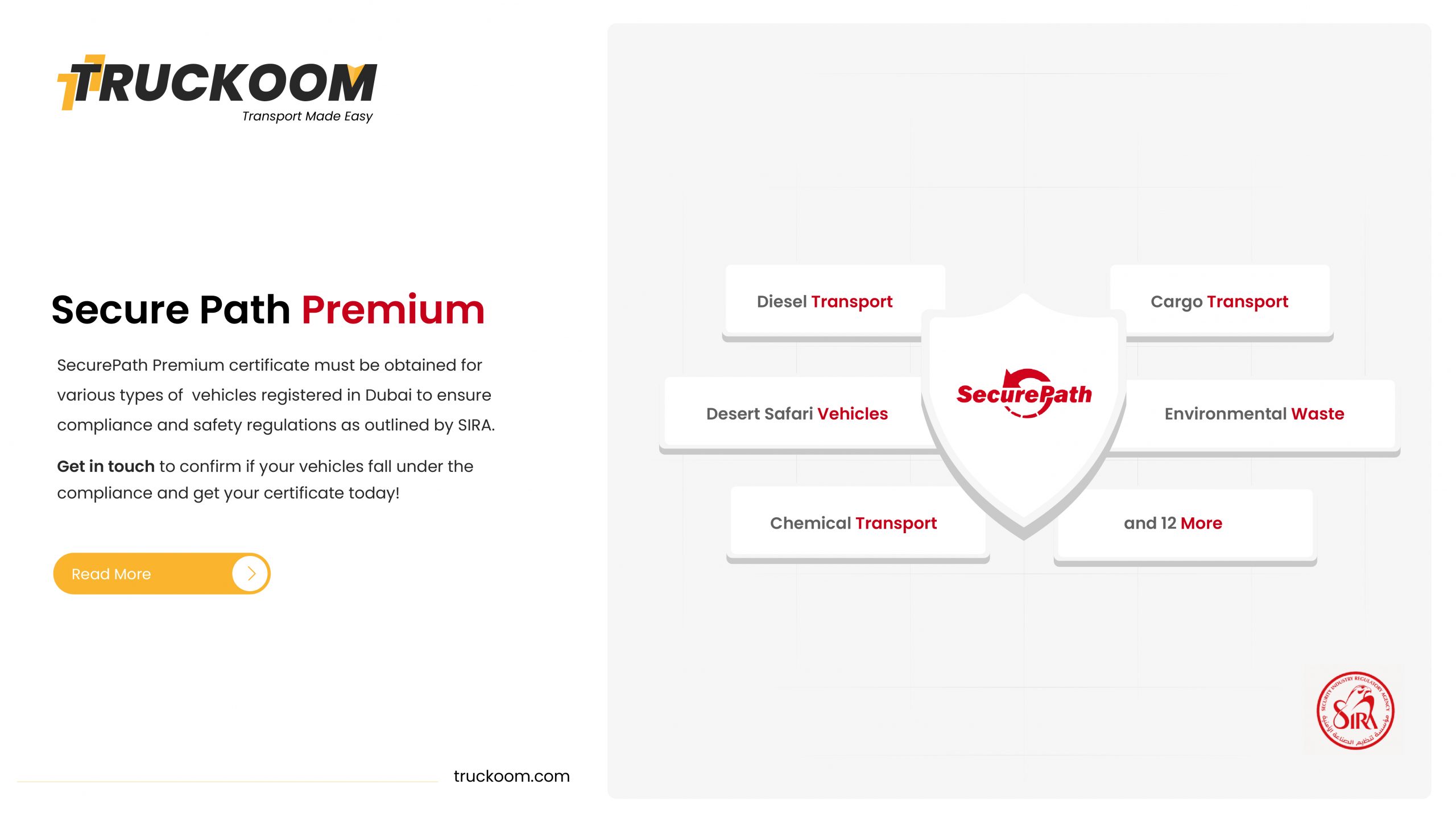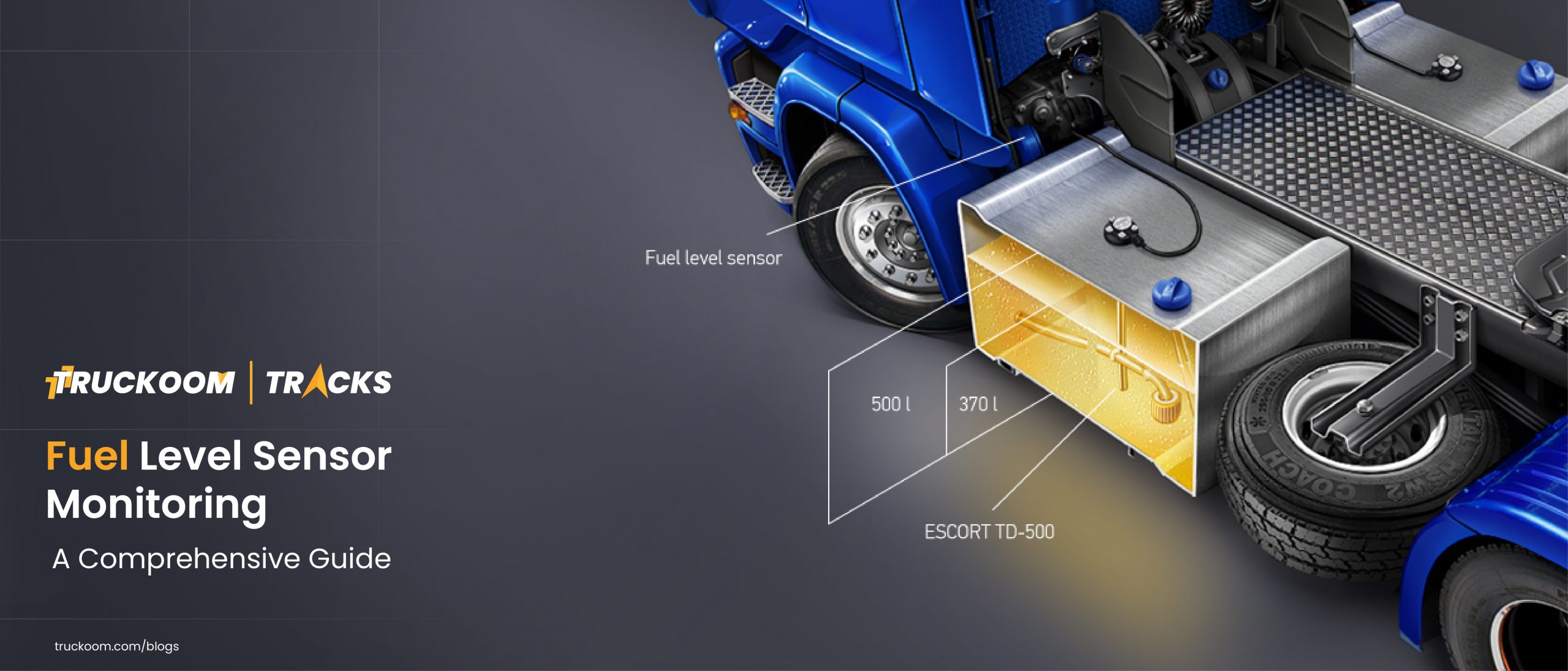Keeping a fleet of vehicles running smoothly and safely is a challenging task, especially when it comes to reducing the risk of road accidents. Fortunately, with the help of fleet management applications, companies can better manage their vehicles and keep track of maintenance schedules and fuel usage to stay compliant, improve efficiency, and reduce fatalities due to accidents. Furthermore, engine RPM information can be used to mediate with drivers for safer performance from vehicles within a fleet. Additionally, adopting a fleet accident management system allows organizations to identify drivers with poor driving habits, while preventive maintenance programs are essential for keeping brakes in good working order. Ultimately, team members should share responsibility for preventative maintenance to lower accident rates.
Role Of Fleet Management In Preventing Road Accidents
Fleet management is an essential part of the transportation industry. Critical for ensuring road safety and preventing collisions, this practice uses sophisticated data analysis to track the performance of motor vehicles in a fleet. Fleet managers utilize comprehensive data from various sources to identify risk assessment points and follow passenger safety standards, helping to reduce avoidable accidents. By better understanding vehicle data such as fuel levels, speed limits, driver behavior, or body conditions through maintenance check-ups, fleet management allows road users to take preventative action and further improve advanced warning systems for drivers. Through these efforts, we can fully realize the importance of safely managing a company’s motor vehicles and keeping relationships on the roads secure and beneficial.
Reduced Fatalities Through Tracking, Maintenance, and Fuel Usage
When it comes to reducing fatalities on the roads, every little bit helps. By tracking vehicles, maintenance schedules and fuel usage, organizations can ensure that their fleets are running safely and efficiently. Keeping tabs on these three aspects allows for better vehicle condition oversight, ensuring that necessary repairs, replacements or maintenance schedules are done on time, all add to a vehicle’s ”health”. Fuel usage tracking can also go a long way in reducing accidents caused by driver fatigue. Organizations with proper oversight of their fleet’s activities can ensure a safer driving experience for everyone.
Replacement Of Older Vehicles To Avoid The Risk For Accidents
The age of a vehicle is not just indicative of the amount of wear and tear but also serves as an indicator of occupant safety in the event of an accident. This is why it is essential for people who still drive older vehicles to upgrade their cars as soon as possible and seek newer models with better safety features like seat belts and airbags. Also, more modern vehicles tend to have increased standard safety features compared to previous models, such as stability control, rearview cameras, blind-spot detection, and lane departure assist. Ultimately, replacing older cars with new ones can dramatically reduce the risk of road accidents by providing drivers with greater control over their automobiles.
Keeping Track Of Engine RPMs To Prevent Road Accidents
Engine RPMs can be a valuable tool in helping to prevent road accidents. By monitoring the RPM levels of a vehicle, drivers are more aware of their speed and can adjust accordingly. When an RPM level goes beyond a certain measure, such as those set by local or federal laws, the driver is alerted through a series of visual and audible cues. These mediating alerts can encourage drivers to reduce their speed, making the roads safer for everyone. Additionally, well-managed engine RPMs promote better fuel economy, which helps reduce emissions and ultimately leads to cleaner air. Engine RPMs offer an instant look into vehicle performance and ensure that drivers maintain safe driving habits. Monitoring this data is essential for promoting responsible road behavior and creating a safer experience for all commuters.
Benefits Of Adopting A Fleet Accident Management System To Identify Drivers With Poor Driving Habits
Tracks by Truckoom is an innovative fleet accident management system that can help identify drivers with poor driving habits before a dangerous or costly accident occurs. Truckoom accurately monitors driver behaviors such as speed, hard breaks, swerving and other risky maneuvers. Truckoom uses analysis and AI-based recognition to identify potential trouble areas and automatically send notifications when unsafe driving is detected. Truckoom can also alert drivers in real-time when their driving habits are at risk of causing an accident. By using Truckoom to track driver performance and intervene where necessary, businesses can save money, reduce accidents, and maintain impeccable safety records – ultimately creating a safer work environment for everyone involved.
Value Of Preventive Maintenance Programs
A fleet’s brakes are one of the most highly utilized parts of any vehicle, meaning that fleet operators should take extra care in maintaining them. Preventive maintenance programs are essential for fleet operators to reduce downtime and costly repairs. A fleet without adequately working brakes can lead to unsafe conditions for those on the road and cost fleet operators thousands of dollars in brake repairs. Investing in a preventive maintenance program is an economically responsible option to ensure brakes stay in good working condition and vehicles remain safe on the roads they travel.
Preventive Maintenance As A Team
Preventive maintenance is integral to any workplace and should be a shared responsibility among all team members. This establishes a cycle of accountability, as team members are jointly responsible for identifying potential safety hazards, proactively preventing them from becoming full-fledged problems, and taking corrective action when needed. Preventive maintenance allows organizations to keep up with strict health and safety regulations and standards and increase efficiency across their production lines. When preventive maintenance becomes a shared responsibility, each team member is more likely to take greater ownership in ensuring the entire system works as it should. At the same time, it strengthens team camaraderie and eliminates silos between different teams. Committing to working together collectively helps create robust processes that ensure everyone’s safety while maximizing productivity.
Conclusion
Engine RPMs, fleet accident management systems and preventive maintenance programs are all essential components of vehicle safety. Engine RPMs offer an instant look into performance levels and can alert drivers when they reach unsafe speeds. Truckoom’s innovative fleet accident management system helps identify dangerous driving behaviors before accidents occur so businesses can save money and reduce costly repairs. Preventive maintenance programs help maintain brakes in working order while providing a sense of team responsibility to ensure the entire system works as it should. Using these tools together, organizations can promote responsible road behavior, create safer work environments and maximize productivity – ultimately leading to cleaner air on our roads for everyone!




